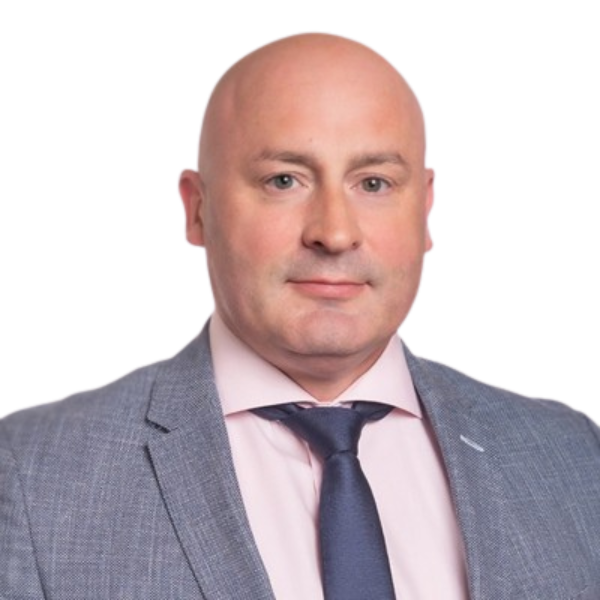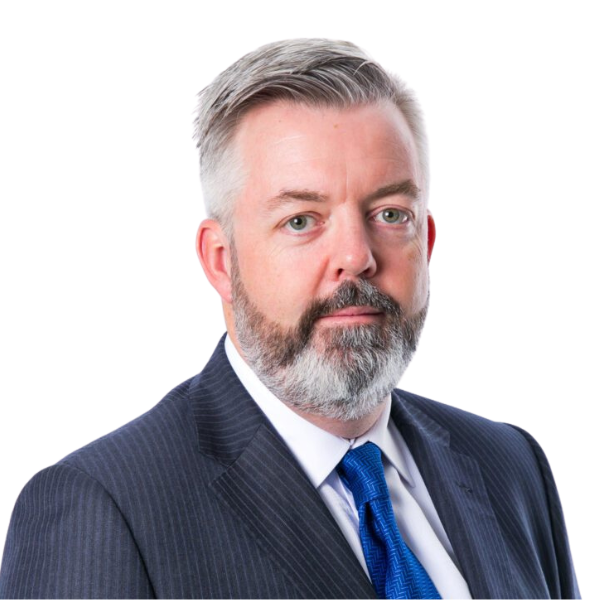A testifying expert can be a tremendous asset to your case. Read on to find answers to the most common questions relating to expert witnesses in construction cases, but feel free to reach out to us if you’d like answers that pertain directly to your case.
Here are the questions covered:
- What is expert testimony?
- Who is a testifying expert?
- When is the opinion of a testifying expert required in Southern California?
- What is the difference: testifying expert vs. consulting expert?
- Are communications with a testifying expert in Southern California privilege?
- How can an expert witness be excluded?
- What is the Daubert standard?
What is expert testimony?
Expert testimony is the testimony made by a qualified person about a scientific, technical, or professional issue. What is important to note is that the person needs to be qualified to give expert testimony and their testimony needs to be grounded in sound reason and scientific method. In order for the testimony to be admitted, it should meet the Daubert standard (discussed in detail below).
Who is a testifying expert?
An expert witness is a person whose experience or study enables them to form definite opinions relating to a field in science, art, or a department of trade.
How do courts decide on whether an individual is qualified to act as a testifying expert in California? On a witness-by-witness basis. There are no strict rules, rather the expert’s qualifications are evaluated with regard to the specificities of the case.
This is what the Federal Rules of Evidence 702 state as to what individuals qualify to testify as experts. “A witness who is qualified by knowledge, skill, experience, training or education” can provide expert testimony in opinion or otherwise if:
- the expert’s scientific, technical, or other specialized knowledge will help the trier of fact to understand the evidence or to determine a fact in issue;
- the testimony is based on sufficient facts or data;
- the testimony is the product of reliable principles and methods; and
- the expert has reliably applied the principles and methods to the facts of the case.
What courts do point out as an important criterion in establishing the expert’s qualifications is whether the triers of fact (judge and jury) can receive appreciable help from the expert’s testimony. The law deems people who don’t have expert experience or training to be incapable of forming definite opinions or drawing correct conclusions with regards to a specific field.
When is the opinion of a testifying expert required in California?
The primary role of a testifying expert is to assist the trier of the fact to understand the evidence and establish facts in a case by offering their specialized knowledge of a field. There are three most common scenarios when the services of an expert witness are retained.
- An expert witness can be required by law. An example would be specific types of cases, such as medical or attorney malpractice.
- The nature of the case may be so complex that an expert witness is required. In these cases, it’s not the law that requires them, but common sense. When the subject matter of a case is too complex for a layperson to understand, an expert witness serves to educate the triers of the fact (judge or jury) so they understand the material of the case and can make an informed decision.
- Finally, an expert witness may be required to protect the case. If the opposing party retains an expert witness or a team of expert witnesses, the attorney may need an expert to rebut the testimony of those witnesses.
What is the difference: testifying expert vs. consulting expert?
It is possible to retain the services of an expert not in the capacity of a witness, but of a consultant. An expert consultant (or consulting expert) can help prepare the case, by offering advice and guidance. They do not have to be designated and cannot be deposed by the opposing attorney or retained by them. In other words, the expert consultant’s work product may not be discoverable under Rule 26(b)(4)(D)(ii) of the Federal Rules of Civil Procedure except upon a showing of exceptional circumstances (emphasis added). So, the expert consultant becomes part of the attorney team, able to explore the case while exercising the same work-product privileges as the attorney on the case.
An expert witness is designated and their work is discoverable. They can be deposed and may need to provide reports to the opposing party. Even though expert witnesses can also help prepare the case for trial, their level of confidentiality is limited by their position as a witness. On the other hand, an expert witness testifies in front of the triers of the fact, which may make the case.
Are communications with a testifying expert in California privilege?
In general, facts known and opinions held by testifying witnesses are discoverable to the other party (compare this to the consulting expert, discussed in the previous question). We say “in general” because the 2010 amendment to Rule 26 of Federal Rule of Civil Procedure excluded draft expert witness reports and certain parts of communication between legal counsel and the expert witness, as cited in Fed R. Civ. Pro. 26(b)(4)(C). However, courts can interpret these amendments differently, for example, what constitutes a draft report.
Rule 26 allows the following parts of attorney-testifying expert communication to be discoverable:
- the compensation for the expert’s work
- facts and information that the party’s counsel provided and that the expert witness considered in forming the opinion they finally expressed
- the assumptions the party’s counsel provided and that the expert witness considered in forming the opinion they finally expressed
How can an expert witness be excluded?
Expert witness testimony can be struck as inadmissible. Before you choose an expert, you should always inquire whether their testimony has ever been dismissed and on what grounds. The most common motions in limine used to strike an expert testimony are Daubert motions, discussed next.
What is the Daubert standard?
The Daubert standard is a rule of evidence stipulating the factors for admissibility of evidence in federal courts. However, even though this standard pertains to federal cases, many states have adopted this standard.
The Daubert standard heavily rests on the judge’s gatekeeper capacity. The trial judge makes a preliminary assessment to ascertain the validity of reasoning or scientific methods that the expert witness’s testimony relies on. The judge also wants to establish whether that reasoning or scientific method can be applied to the case. Here are the questions that the Daubert standard is based on:
- Can the theory or technique in question be tested or has it been tested?
- Has the theory/technique been subjected to peer review and publication?
- What is the known error rate of this theory/technique?
- What are the standards controlling the methodology used by the expert witness?
- Has the theory/technique been accepted within the relevant scientific/technical community?
An expert’s testimony may be challenged and excluded if it doesn’t meet the Daubert standard. The opposing party may raise a Daubert motion before or during the trial (motion in limine) to dismiss the evidence provided by the expert as unqualified.
How Can VERTEX Help?
Our team of experts has real-world experience in practically all fields of construction. To learn more about VERTEX’s Expert Witness Services or to find the right expert witness for your case, call 888.298.5162 or submit an inquiry.
This article was originally published by Xpera Group which is now part of The Vertex Companies, LLC.




